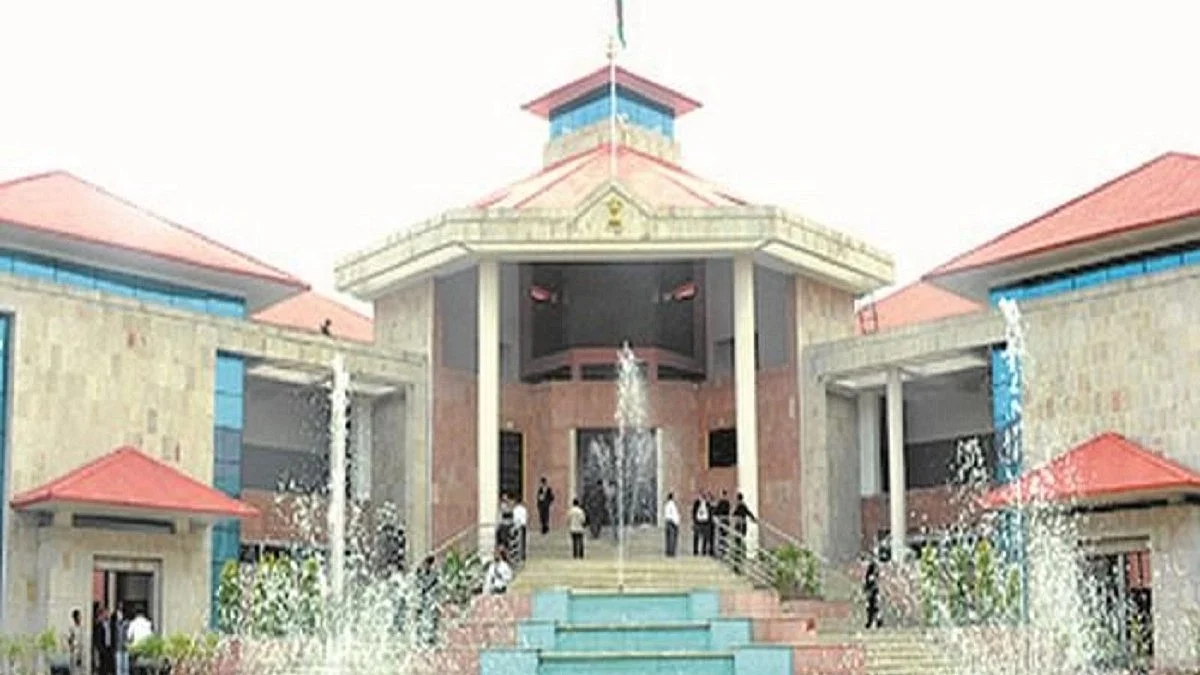SC orders Manipur Bar Association: no lawyer to be barred based on affiliation
Supreme Court mandates equal access for lawyers in Manipur, warns against religious or community-based restrictions

The Supreme Court on Monday, 25 September ordered the Manipur Bar Association to ensure that no lawyer is prevented from appearing before the high court based on community or religious affiliations. The bench underscored that any violation of the order would amount to contempt of the Supreme Court.
A three-judge bench comprising Chief Justice of India DY Chandrachud and Justices JB Pardiwala and Manoj Misra directed the president of the bar association to submit a report, which included HC orders showing that lawyers from various communities could appear in court.
The apex court was hearing a batch of petitions in connection with the ethnic clashes in Manipur between the Meitei and Kuki-Zo communities since May this year. Manipur High Court is in Imphal, which is where almost all from the Meitei community lives ever since the clashes worsened. The Kuki community lives in the surrounding hill regions.
Appearing for the petitioners, senior advocate Anand Grover said that lawyers of a particular community were being threatened and prevented from appearing before the High Court. He had also cited the case of Kuki professor Kham Khan Suan Hausing in the Manipur High Court where the three lawyers representing him withdrew from the case after their homes were attacked. All three of them were Meiteis and had been reportedly threatened by the Arambai Tenggol, a militant group accused of leading several attacks against Kukis.
Senior advocate Colin Gonsalves too underscored that he was prevented from appearing twice in the HC.
Appearing for the Manipur High Court Bar Association, senior advocate Ranjit Kumar denied all allegations and stated that the president of the bar association was in court and he could give his statement. However the president refuted the charges and claimed everyone could appear in the High Court.
Then the CJI asked the president to prepare a tabulated statement with order, dates and the names of lawyers who appeared. “You can give us a bunch of orders also to show that members of bar are not being prevented to appear based on religious or any other affiliations," directed the bench.
Soon, Solicitor General Tushar Mehta explained that 2,638 cases were listed for hearing and virtual hearing was made available too. “The petitioners are attempting to add flame to the situation,” claimed Mehta.
However, the SC bench passed an order stating that the state and the Chief Justice of Manipur should ensure that video conference facilities are set up and operationalised to ensure that any litigant or lawyer can address the court. “There are nine judicial districts in Manipur. The video conferencing should be operationalised within one week of this order. The members of the bar should ensure no lawyer is prevented from appearing before the court. Any violation of this order will be treated as contempt,” said the bench.
When Mehta expressed concern that the Supreme Court was intervening in administrative matters, the CJI stated that the court would issue orders when required. Mehta wanted issues of the state to be resolved by the committee appointed by the SC to look into these matters and the state government.
On August 1, the SC had constituted three-member women judicial committee headlined by Justice (Retd.) Gita Mittal to look into the probe being conducted into the violence. The court had rapped the state government and police for being unable to control the violence in the state.
During the hearing, when Gonsalves informed the court that the ninth report by the committee had been submitted, the court ordered both the state and central government to respond to the report.
When the issue of reissuing Aadhaar cards to displaced persons was raised, the CJI directed that Aadhaar cards should be provided to all the displaced persons whose records were available with the Unique Identification Authority of India (UIDAI) after verification. The bench also raised concerns about illegal entrants.
The Court instructed the Manipur state government to ensure adequate disbursement of funds under the Manipur Victim Compensation Scheme and ordered the Manipur health secretary to issue duplicate disability certifications
Follow us on: Facebook, Twitter, Google News, Instagram
Join our official telegram channel (@nationalherald) and stay updated with the latest headlines